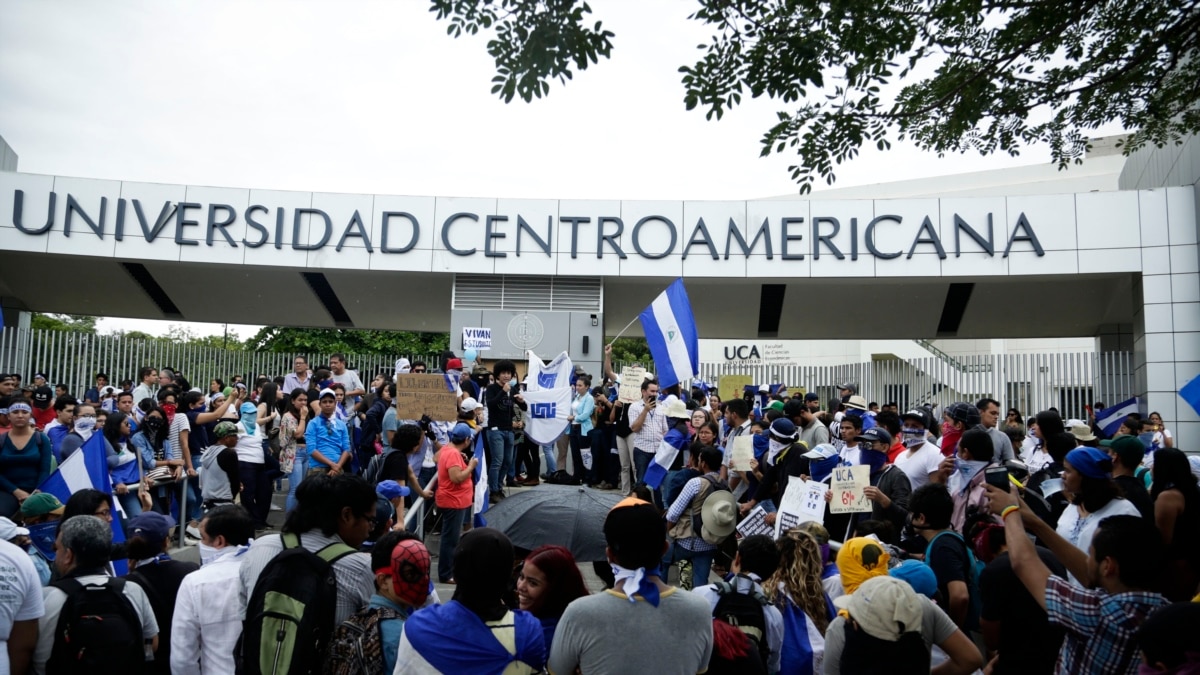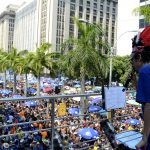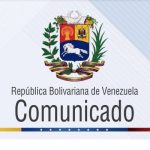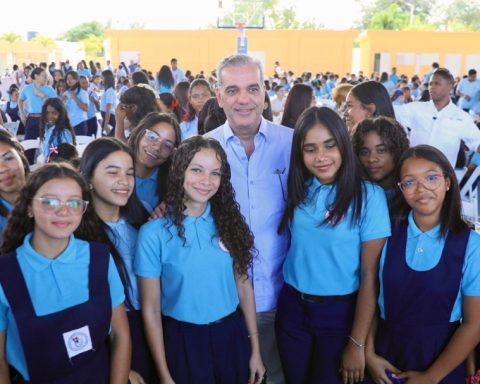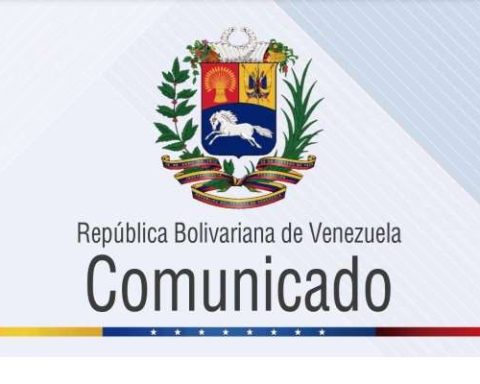When Marisol was about to finish her degree in Social Communication at the Jesuit Central American University (UCA) in Nicaragua, the government of Daniel Ortega decided close it under accusations of being a “center of terrorism.”
The government claimed it had sheltered young protesters during the 2018 protests that sparked a political crisis in the Central American country.
The Central American University (UCA) announced the suspension of all its academic and administrative activities on August 16, 2023 in Nicaragua, after a judge in Managua notified them of the seizure of all their real estate, as well as their “financial products” after being accused of “terrorism.”
Former students of this educational center, considered one of the most important in Nicaragua, recall the impact that the closure of the place had.
“It was a blow that threw off everything I had planned for the next few years,” says Marisol after analyzing the closure of the Jesuit university in 2023.
The student was able to return to studying at the José Simeón Cañas Central American University in El Salvador and considers it an act of “resistance.”
“Continuing after everything they have done to try to force us to take their option, the Casimiro Sotelo option, is an act of resistance, especially because I am in a race that puts me at the forefront of denouncing what the regime is doing,” adds Marisol.
In the building where the Central American University UCA operated, the Sandinista government inaugurated another study center, but under the state modality, called Casimiro Sotelo, in honor of a university rebel who was shot dead in 1967 by the National Guard, loyal to the then president Anastasio Somoza Debayle.
Students surveyed by the Voice of America They say that they ruled out entering the said educational center from the beginning.
“I didn’t even consider it because that university has ties to the government and in the end, all universities in Nicaragua have ties to survive. So all I had to do was leave the country, but the UCA in El Salvador allowed me to study,” says Marisol, who asked not to be identified for security reasons.
“I am continuing my studies at the UCA in El Salvador. It is more expensive than the one in Nicaragua, the paperwork has been complicated; by law I am doing an additional year, which means I will graduate even later, but it is worth it,” she says.
It is not yet known how many students have enrolled in total at universities affiliated with the Jesuit congregation, to which the Central American University (UCA) belonged.
The José Simeón Cañas Central American University did not respond to a request for comment on the number of student arrivals from Managua.
“I got a slap in the face, not to say it was a knockout”
Marcos, another young man who prefers to use a pseudonym for security reasons, says that he was just a few semesters away from completing his studies at the Central American University when it was closed, leaving him in limbo along with 9,500 other undergraduate and graduate students, according to figures from his university. website.
“I was about to graduate, I had my schedule. I already knew more or less what classes I was going to take and what tutorials I was going to have in order to finish my studies as soon as possible. I had everything planned and I really received a slap in the face, not to say it was a knock-out,” she said.
Marcos was also able to study at the José Simeón Cañas University, the UCA of El Salvador, and agrees that it is “an act of resilience.”
“I’m combining my career and work, and I use my salary almost exclusively to pay for university. As a student, on a personal level, I don’t consider continuing to study to be an act of resistance, but rather I consider it not giving up, more resilience than anything else,” he lamented.
“At the end of the day, I know of several cases of people who, when the university closed, automatically stopped studying, went to a call center or a free trade zone, or started a business and no longer study.”
“I think that on a more general level, as a former UCA student, I do believe that we resisted because we did not give up and we looked for something to do, and we did not give the regime the satisfaction of going to study at Casimiro Sotelo,” he stressed.
US: Closure of Jesuit university recalls Nicaraguans’ struggle
One year after the closure of the Jesuit university, Brian Nichols, Assistant Secretary for Western Hemisphere Affairs at the U.S. State Department, wrote on the social network X, formerly Twitter, that the anniversary of the closure of the UCA “serves to remember the struggle of Nicaraguans to achieve democracy, the basis of academic freedom and basic liberties.”
But for the Central American Province of the Society of Jesus, the closure of the UCA after one year means “indignation and pain,” according to a statement published on Thursday.
“It is recalled that this is the first anniversary of the unpunished and unjustified conspiracy by the Government of Nicaragua, the Central American University, its research centers, libraries and financial resources. All of this has caused invaluable damage to the scientific and cultural heritage of Nicaragua,” They underlined the Jesuits in a statement.
In addition to the closure of the Central American University (UCA), the government of Daniel Ortega has closed at least 18 other study centers in Nicaragua since the beginning of the socio-political crisis in 2018.
Connect with the Voice of America! Subscribe to our channelsYouTube, WhatsApp and to newsletter. Turn on notifications and follow us on Facebook, X and Instagram.
